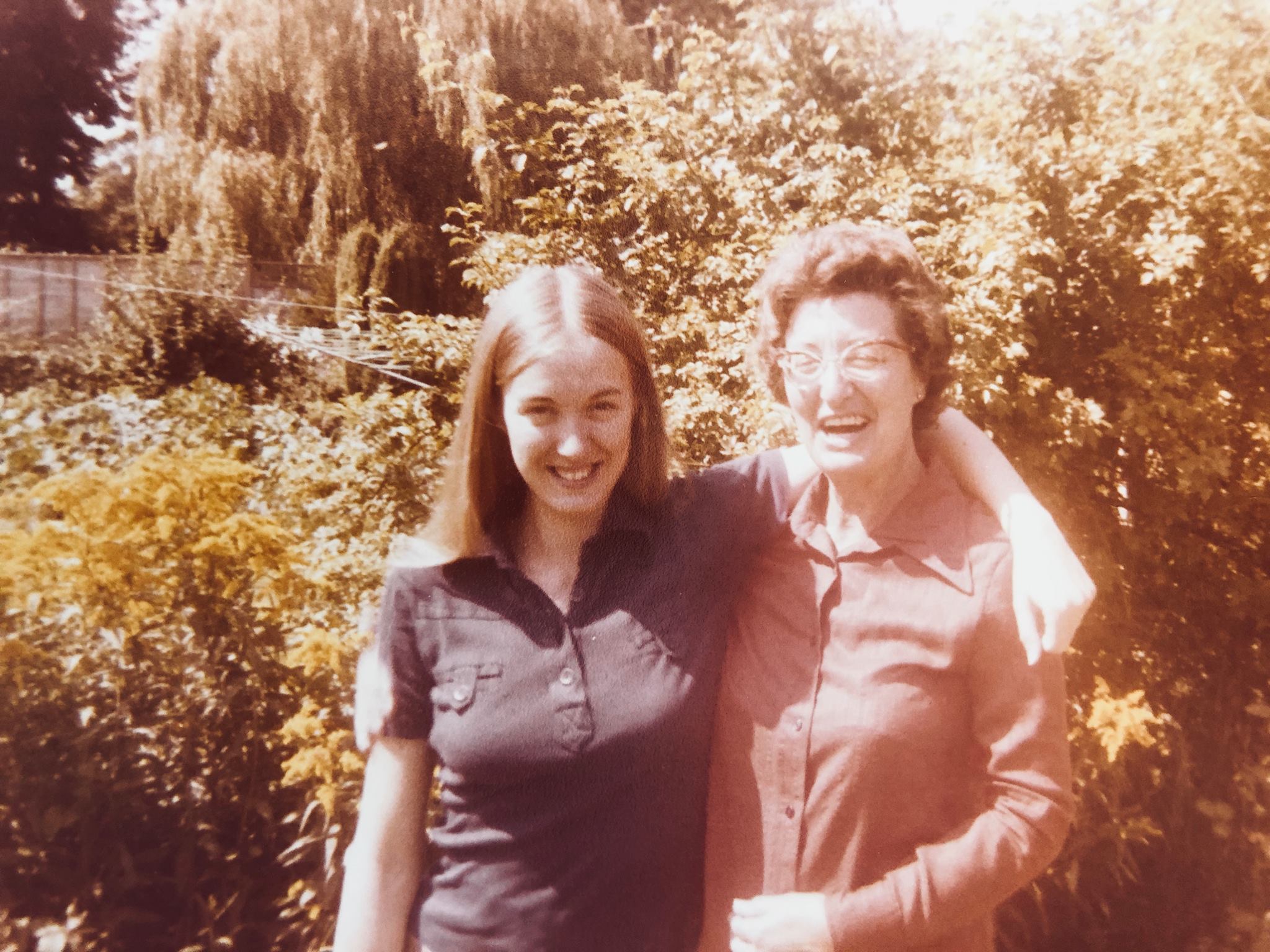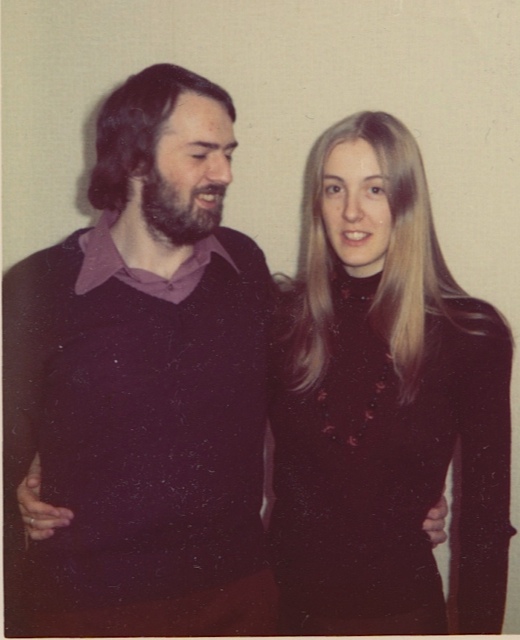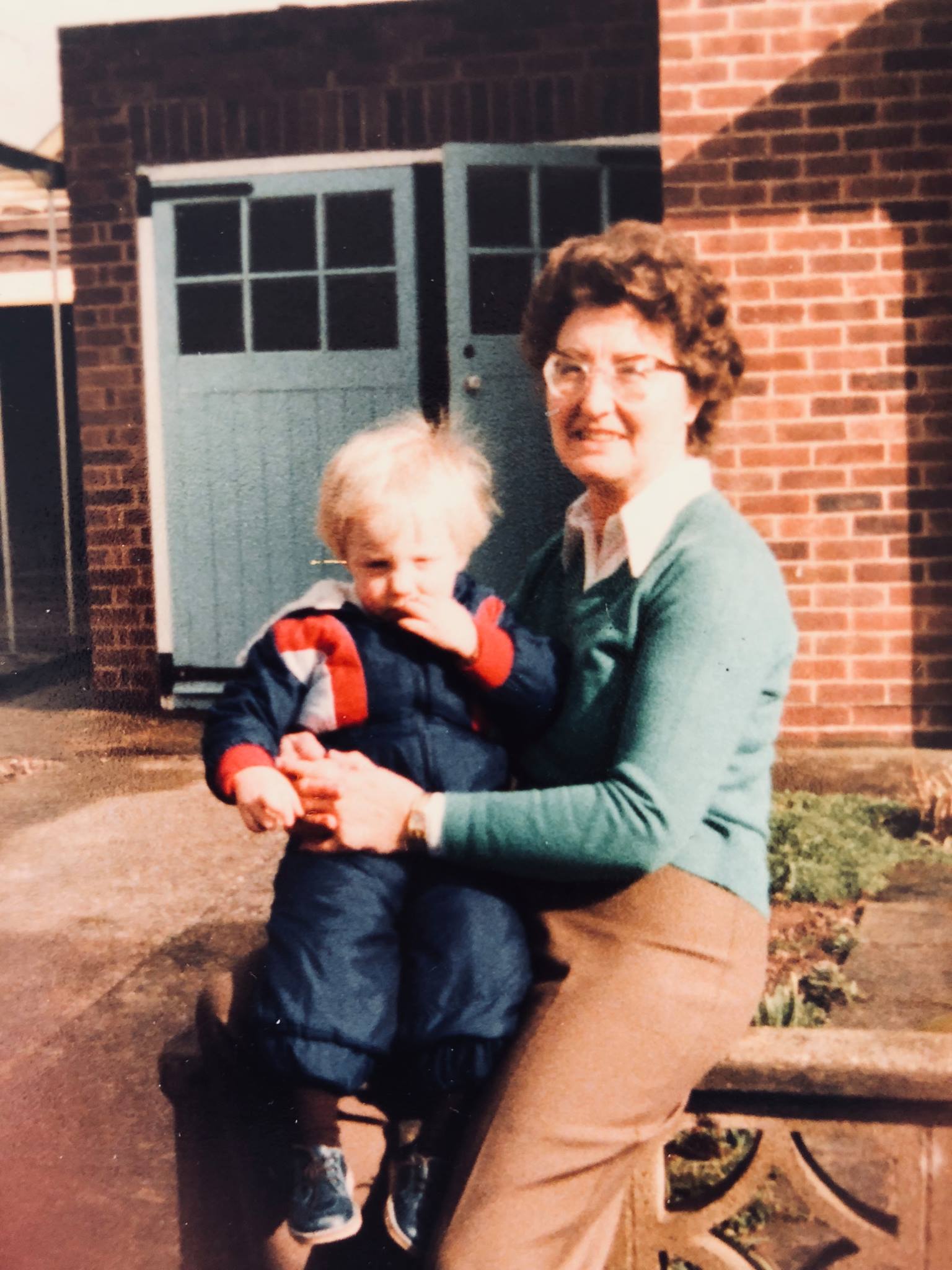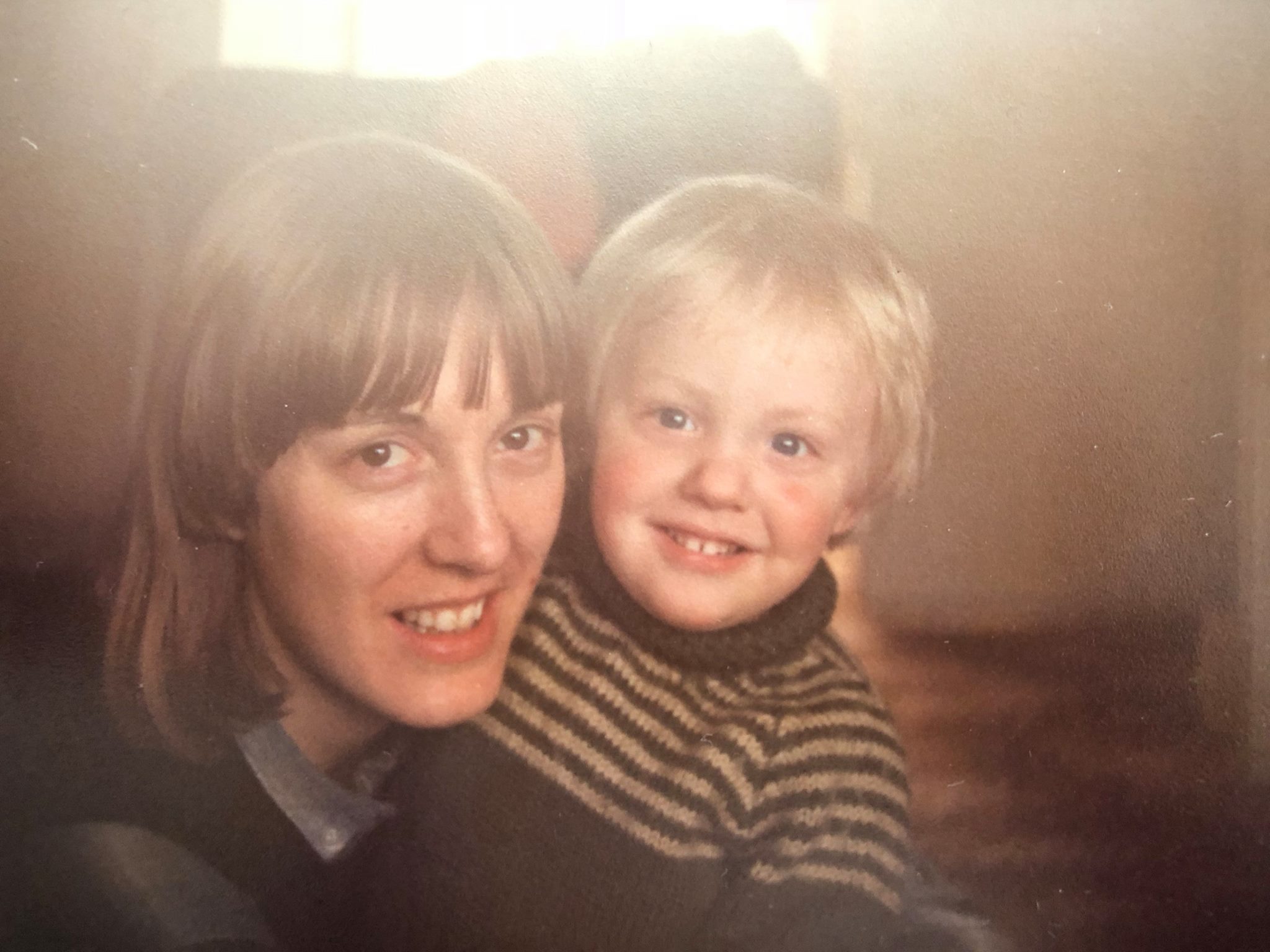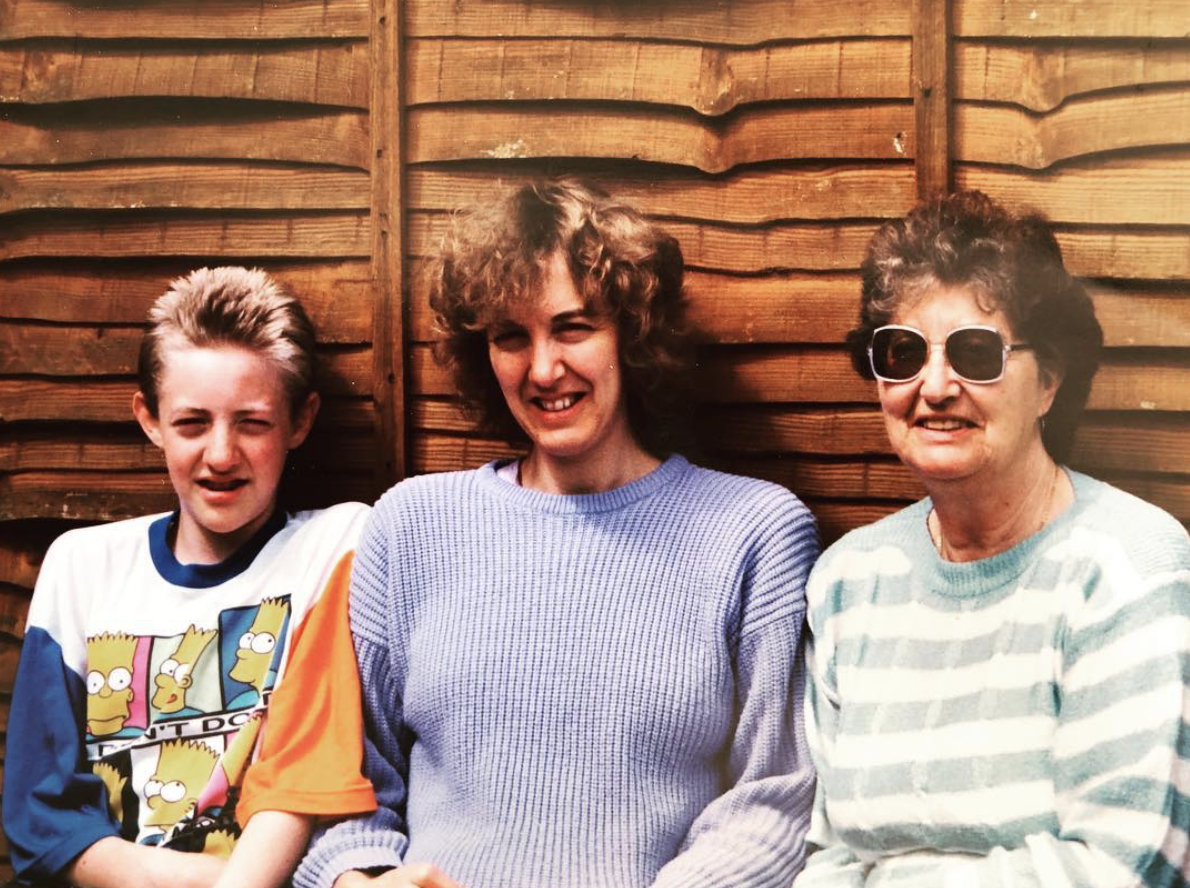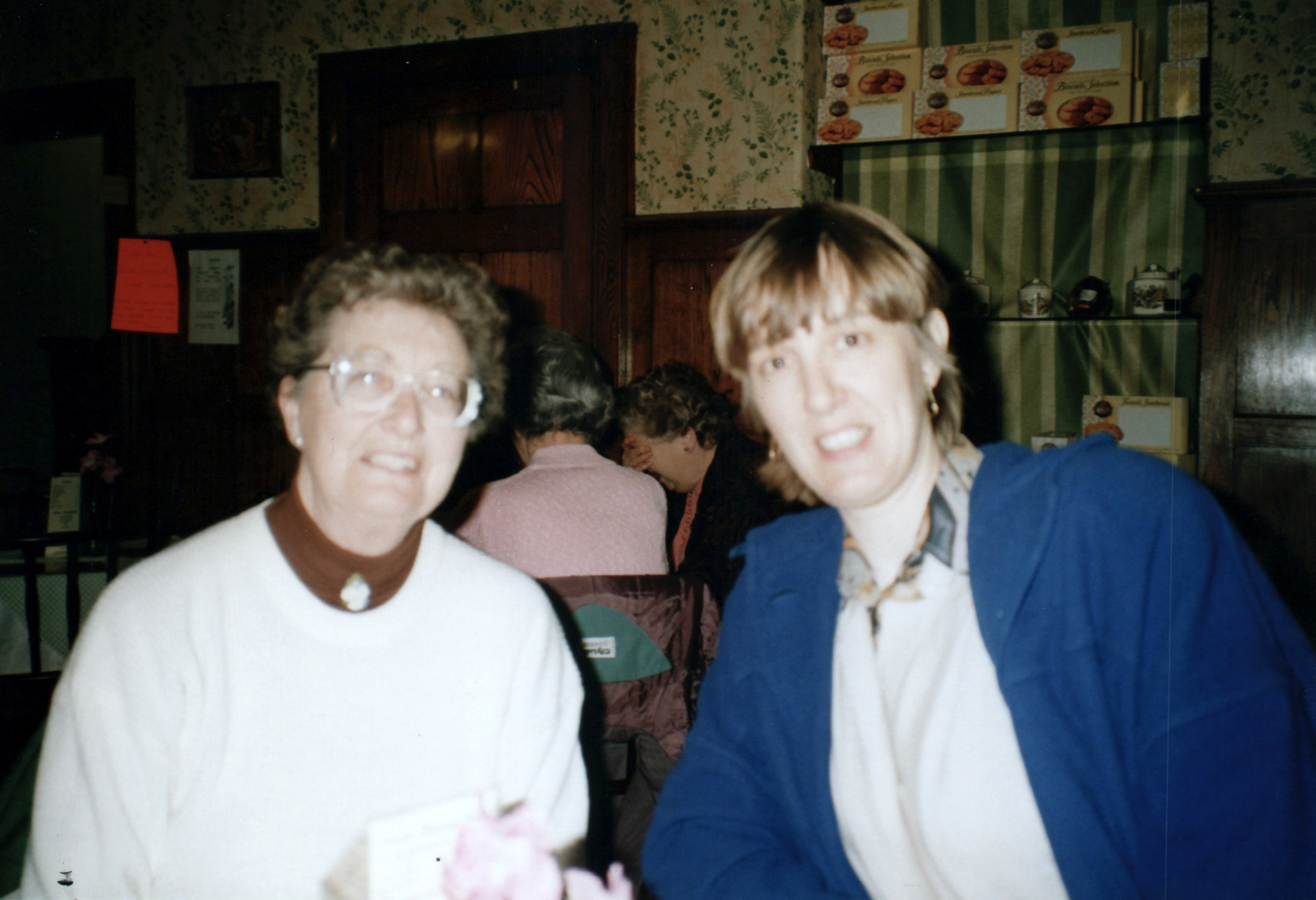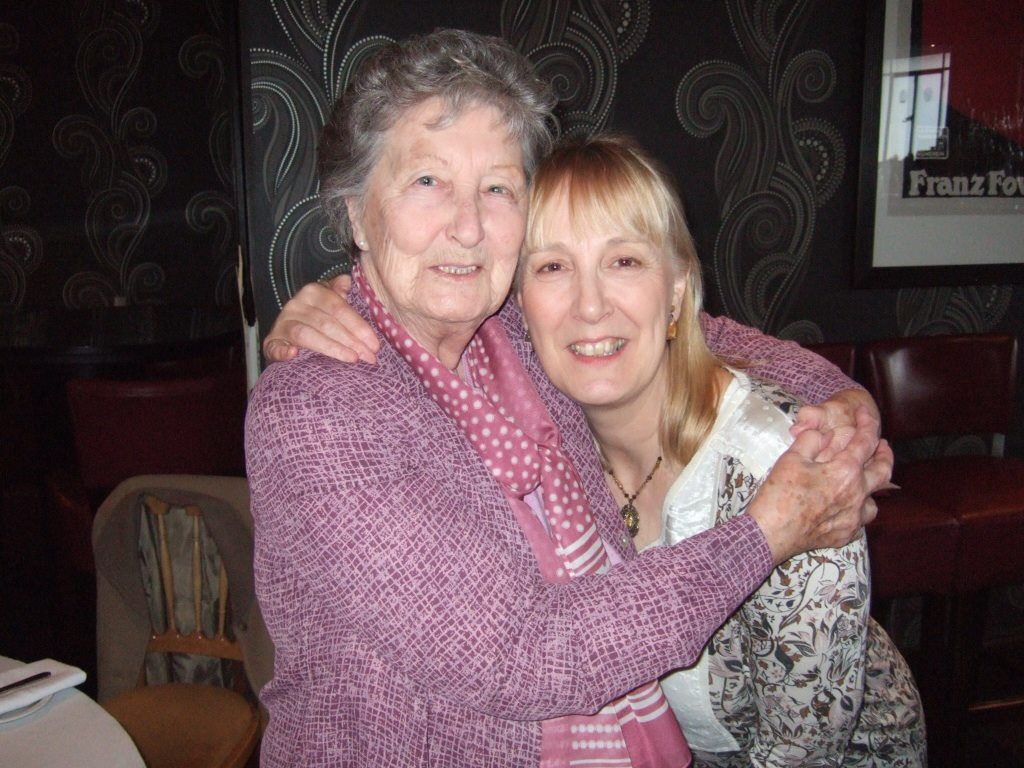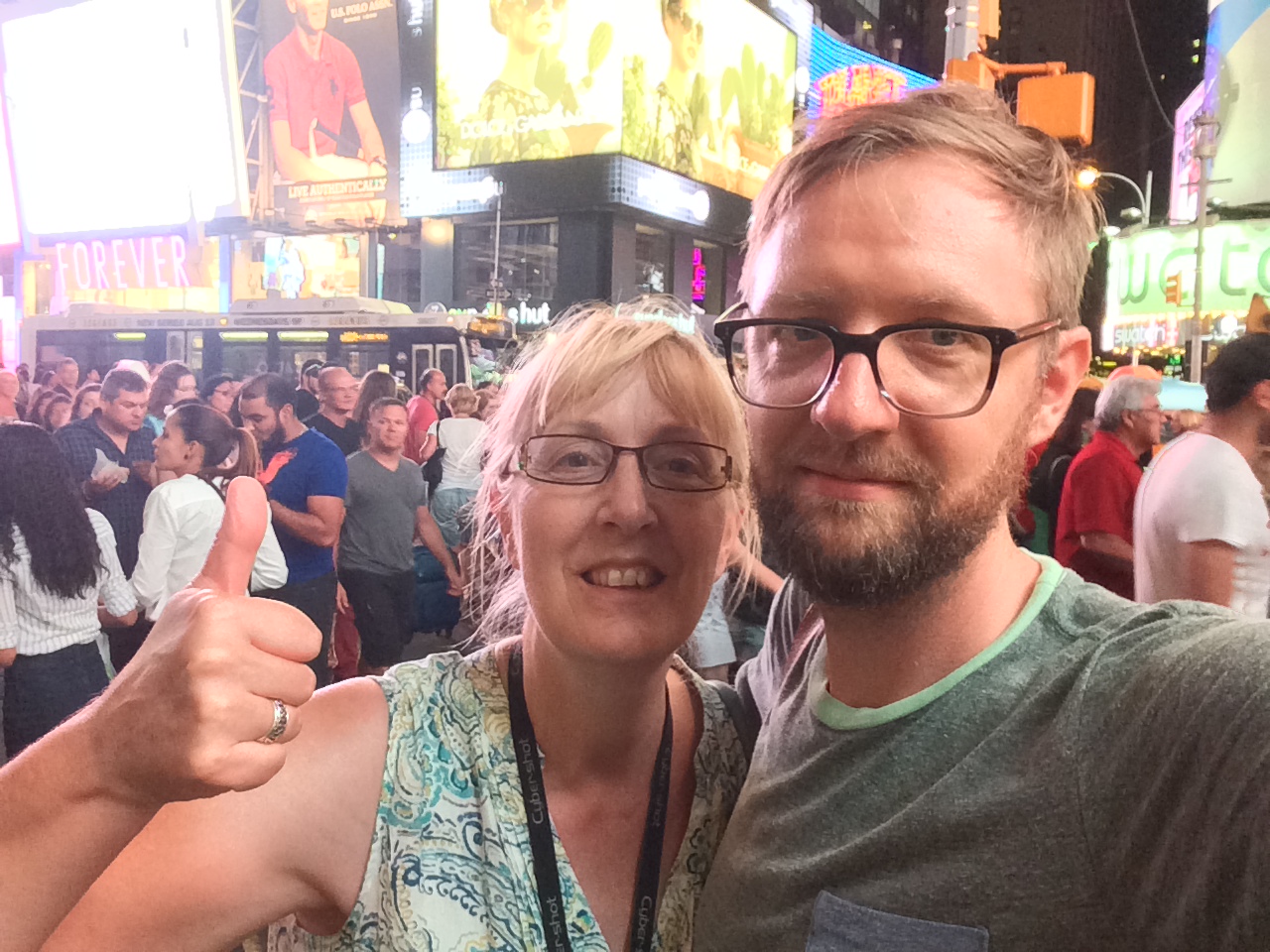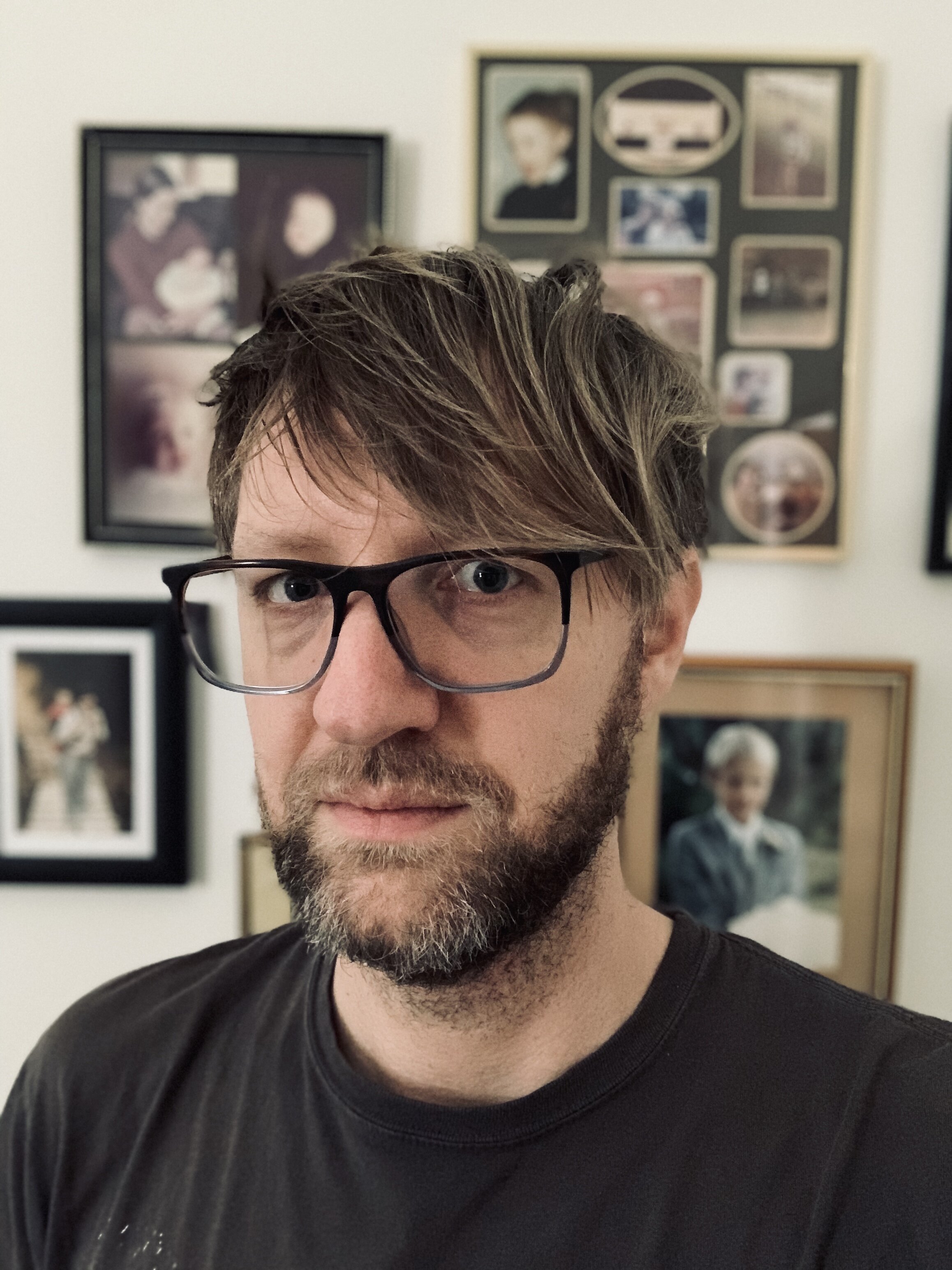Linda & Joan is a deeply personal project about the deaths of my mother and grandmother during the winter of 2017. My mother had been living with stage-four breast cancer for several years, but it had only spread to her bones — something a treatment plan of pills and injections successfully kept at bay, until it didn’t. New symptoms and a follow-up scan in the summer of 2017 revealed it had spread further, and a six-week course of chemotherapy was offered.
I left my hometown of Cheltenham, England in 1997 and left the UK entirely in 2005. I’ve lived in a few different places, but ended up in Los Angeles. As my mother was on her own — my father died from acute leukemia a few months before I was born; I have no siblings; our only remaining close family member was my 89-year-old grandmother who lived a town over — I put everything on hold and flew back to support her.
It quickly became obvious that the chemotherapy wasn’t working. Mum became weaker and sicker, and I became her full-time caregiver until the post-treatment scan showed the cancer had spread throughout her organs. Without long to live, she moved to a nearby hospice, until she died that December.
After dealing with the funeral, the piles of paperwork that come with estate administration, and making headway in clearing out my childhood home, I returned to LA for a two-week break in January. I’d only been back for a few days when I heard my grandmother had fallen, broken her hip, and then died during surgery. My aunt — her other daughter — had also died from cancer five years prior. She was so heartbroken to lose both her children, her body seemed to have just given out. I went back to the UK to begin the whole process again.
By the time I got back to California for good, I’d not only lost two family members, but also both houses I’d grown up in and, in many ways, the last connections to homeland and identity. Without a future schedule of annual visits, my thirteen years away suddenly solidified into no longer belonging.
After months of therapy, rebuilding my life, and almost a year of not working, I began to process what had happened. It’s a personal story, yes, but it’s also a universal story of themes all of us have or will experience in some way: caregiving; death; bereavement; funerals, wills, paperwork, paperwork, paperwork; a changing sense of family and cultural identity. I struggled for a while to figure out what to do with it all. I concluded that if I were a writer, I’d probably be trying to pen a novel; if I made movies, I’d be pouring myself into a screenplay? But, I’m neither of these. I’ve worked on the technology side of interactive storytelling for the last ten years. That’s my medium, so that’s how I’m choosing to tell this story.
Linda & Joan will be a narrative video game. Slow, thoughtful, hopefully meaningful — based on the events that happened and the journal I kept throughout. I’m working on this by myself, and step one is building a prototype of a few playable scenes to narrow down the art style and interaction design. I’ll be sharing progress on this blog as I go.
Russell.













